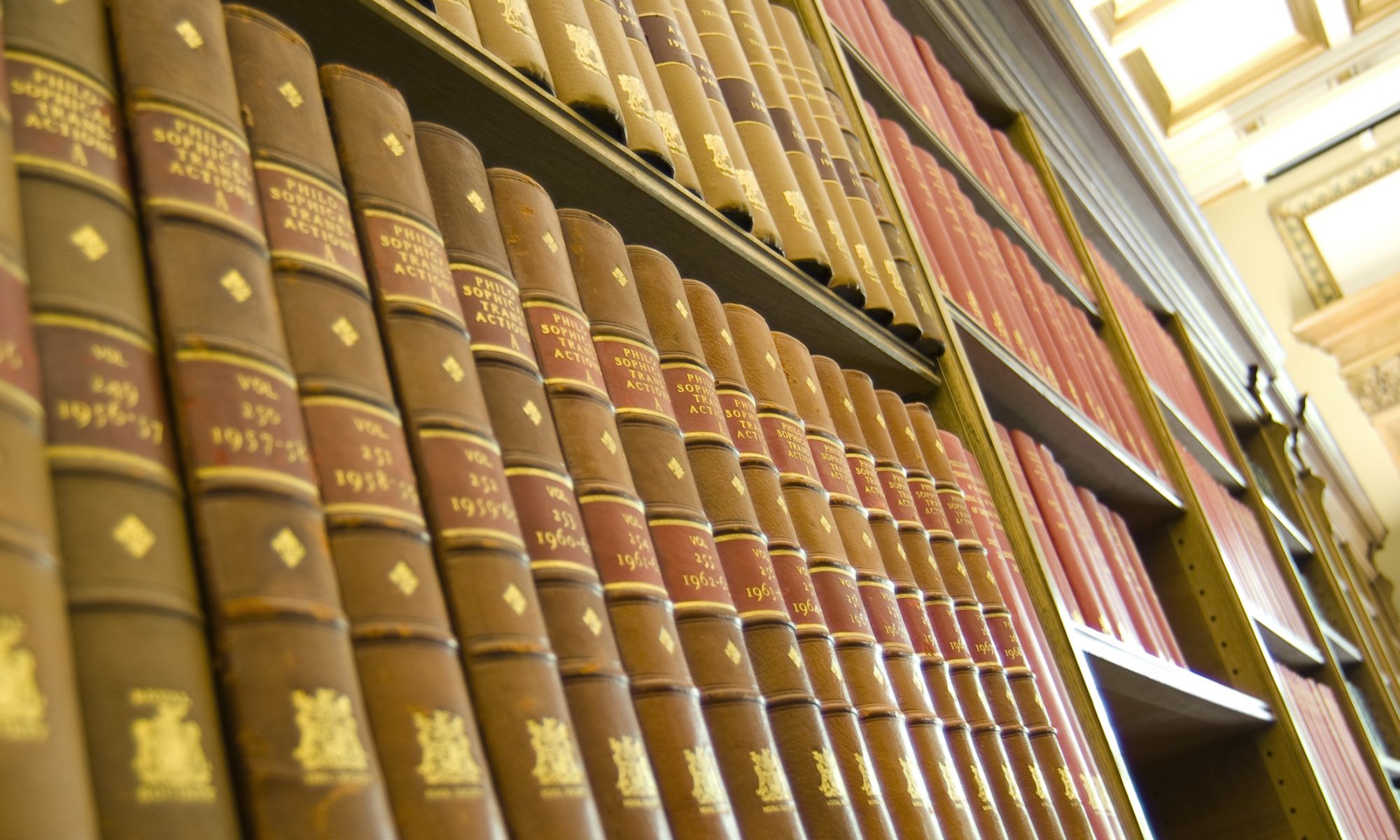What does peer review do? Every academic author nowadays is used to the process of receiving reports on their submitted manuscripts from independent experts consulted by the editor of the journal. Refereeing undoubtedly delays the publication of research, but it is widely believed to add significant value as a means of accrediting ‘proper’ research and researchers.
Amidst all the current discussions of the future of academic publishing, there lurks a strangely ahistorical view of the academic journal. It is not uncommon to hear that the peer-reviewed research journal has been at the heart of the scientific (and, by implication, scholarly) enterprise since the beginnings of modern science. But our research reveals that there is nothing natural, inevitable or timeless about the way academic research is published.
Continue reading “What was the function of early peer review?”
